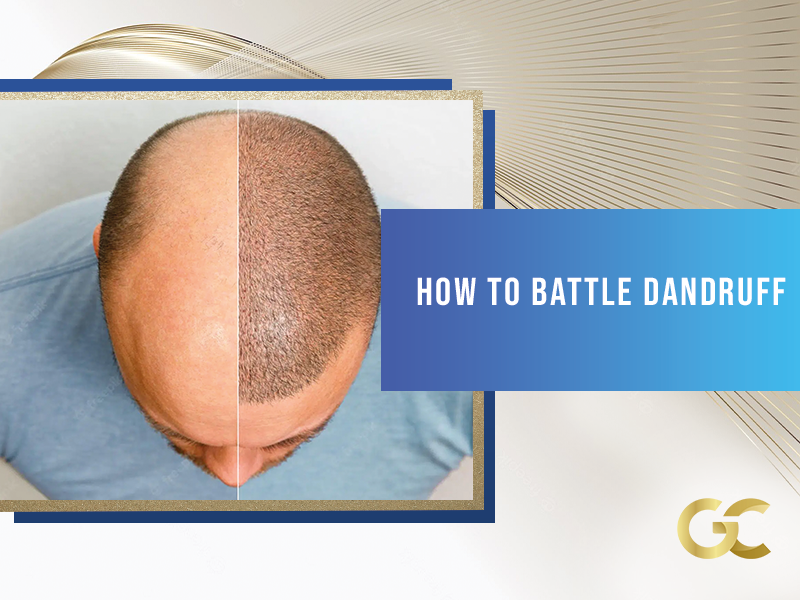Dandruff is a common chronic scalp condition that occurs with the dryness of the skin. Dandruff is not a contagious or serious issue. However, it can be embarrassing and sometimes difficult to treat. The exact cause is unknown, but several factors increase the risk of dandruff. It is not related to poor hygiene.
However, it can become more visible when a person does not wash or brush their hair frequently. Usually, you can prevent dandruff. The condition can be solved by merely washing hair with dandruff shampoos daily. More stubborn cases of dandruff often respond to shampoos with medicinal purposes.
For teens and many adults, it is easy to notice signs of dandruff. Dandruff is a white, greasy-looking flake on your hair and shoulders. This condition may be less visible in the summer months. However, in autumn and winter, as the high temperature in the interior dries, the skin situations get worse.
A specific type of dandruff can affect infants. This disorder, which can occur anytime during infancy, is alarming for parents. However, it is not dangerous and usually disappears in time. Washing gently with baby shampoo and applying baby oil can prevent scales from accumulating.
There are some factors affecting and increasing dandruff. These are as follows:
- Not washing the hair regularly
- Unhealthy nutrition
- Lack of vitamins
- Skin diseases, such as psoriasis and eczema
- Frequent use of hair-care products
- Exposure to cold and dry weather
- Not rinsing hair after applying shampoo
- Seasonal transitions
- Shampoo changes
- Stress
It is essential to see a doctor if there are signs of cracking or infection on the skin. Dandruff may be an indication of another disease or disorder.
Dandruff Treatment
It is generally a controllable problem. However, dandruff treatment may require some trial-and-error process. In general, daily cleansing with a regular shampoo can help mild dandruff to reduce. When regular shampoos fail, the dandruff shampoo you can buy at the pharmacy can be successful.
Dandruff shampoos are classified according to the substances they contain:
- Pyrithione zinc shampoos. These include the antibacterial and antifungal agent zinc.
- Tar-based shampoos. Tar is a product of the coal-production process. They help with conditions such as dandruff, seborrheic dermatitis, and psoriasis.
- Shampoos containing salicylic acid. When you wash your hair with these types of shampoos, they can dry your scalp and cause more shedding. Using a conditioner after shampoo can help prevent drying out.
- Selenium sulfide shampoos. These shampoos slow down the death of your skin cells. Since dyed hair can fade, make sure to use them only as recommended and rinse your hair thoroughly after shampooing.
- Ketoconazole shampoos. Ketoconazole is a broad-spectrum antifungal agent that can work when other shampoos fail. It can be used with or without a prescription.
However, not all dandruff shampoos are equally effective. You may need to try one ate another until you find the one that works best for you. Stop using shampoos if problems such as itching, stinging, rash, and burning occur. If you develop an allergic reaction, seek medical attention immediately.

